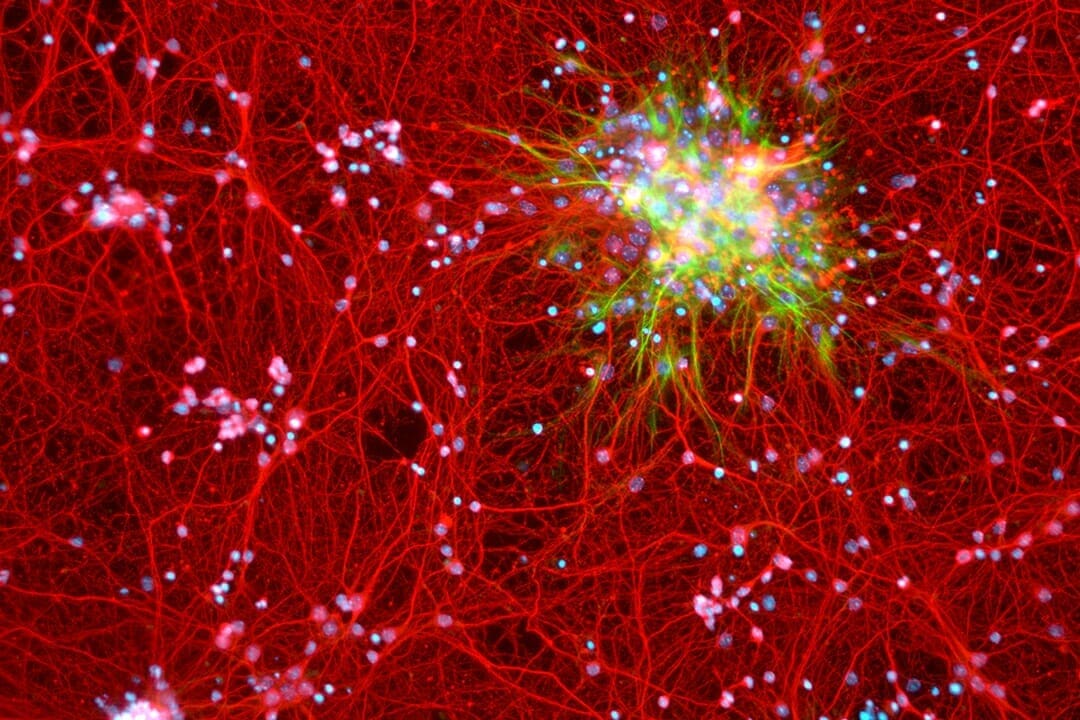Can Eating Spicy Foods Make You Happy?
Another compound that has intrigued scientists is “capsaicin,” the molecule that gives Tabasco sauce its kick. Capsaicin is found in hot peppers and a variety of other foods. Capsaicin is a flavorless, odorless chemical that causes pain and irritation. It also induces a burning sensation if you rub it on your skin or get it into your eyes.
Peppers are not really addictive, although some people speak of them as if they were. Scientists are still uncertain why an aversion to a food that causes a burning or stinging sensation is converted into a preference.
One hypothesis is that eating capsaicin triggers the release of neurotransmitters to compensate for the pain. When you bite into a chili pepper, the capsaicin binds to a receptor on the nerve cells in your mouth called TRPV1, which is also activated by hot temperatures. Capsaicin tricks your nervous system into thinking that you have actually touched something hot. Nerve fibers running from the tongue send signals alarming your brain that there is a fire in your mouth.
When your brain gets the message that your mouth is on fire, it responds by releasing neurochemicals, such as endorphins, to block the heat. Endorphins are the brain’s “feel-good” chemicals that alleviate pain. Some scientists believe the endorphin rush actually exceeds the amount needed to counteract the irritation. As such, the good effects outweigh the bad. The endorphin rush causes a pleasant feeling in the body that leads to a sense of euphoria and a natural high. Spices could thus increase the levels of neurochemicals that boost your sense of well-being and make you happier.
In addition, if you eat spicy dishes regularly, your tolerance will increase. As the nerves become desensitized, the heat receptors stop responding as strongly. The nerves on the tongue are able to tolerate more pain. This well-researched phenomenon is known as the capsaicin desensitization.
Hot peppers have long been used as a folk remedy, owing to their pain-alleviating ability. More recently, capsaicin has been rediscovered by modern medicine as a potent pain reliever. Capsaicin creams and ointments are available to treat mild joint or muscle pain, including backaches, sprains, strains, arthritis, cramps, and bruises. A high-dose capsaicin patch was approved several years ago for neuropathic pain. Yet, the results in humans are mixed.
A Longer, Healthier Life
Having a passion for peppers is harmless, as there are virtually no negative health effects. But do spices have a positive effect on health?
A published study in British Medical Journal claims they do. The authors tracked the diets of more than 485,000 Chinese adults and found that people who ate more spicy foods tended to live longer, healthier lives.
The study followed healthy volunteers aged 30 to 79, for an average of seven years. Findings demonstrated that men and women were likely to live longer if they ate spicy foods. People who ate hot foods once or twice a week had a 10 percent lower risk of mortality. The positive effects were even stronger among those who consumed spices more often. Participants who ate fiery fare six to seven times a week had a 14 percent lower risk. Enjoying spicy foods three to five times a week also decreased the chance of having ischemic heart disease, respiratory ailments, and even cancer. While the authors can only speculate about a cause, they note that capsaicin may be a factor. They point out that previous studies have demonstrated its anti-inflammatory effects.
“Chilies are eaten by billions of people and loved,” says Rozin. “It’s not just the burn,” he says. “The burn goes with the flavor.” The jury is still out on why people are drawn to spicy heat. Yet, if you get more pleasure out of food, then it may be worth spicing up your diet.
This article was first published in Brain World Magazine’s Spring 2016 issue.
More From Brain World
- Eating for Brainpower: How Eating Better Can Fight Memory Loss
- Foods For A Stronger, Healthier Brain
- Know Your Brain: The Gustatory Cortex — How Taste Works
- Must Buy Now: How Neuromarketing Taps In To Your Mind
- What “Tip of the Tongue” Tells Us About How Memory Works
- What to Eat (and What to Avoid) for a Healthy Brain








